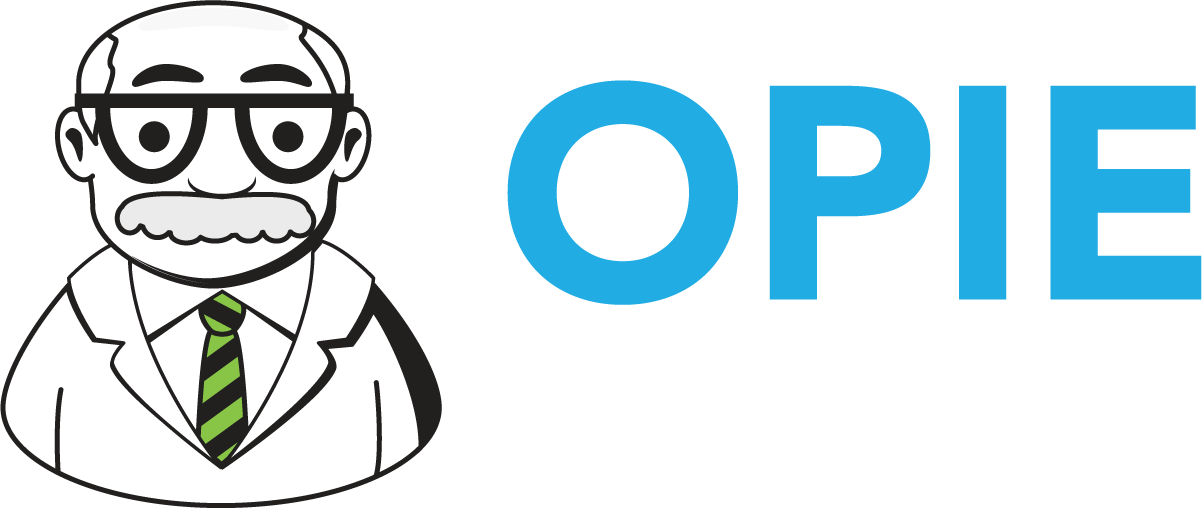To Sell or Not to Sell
In recent years, our profession has seen a surge in acquisition and consolidation. There are five major market movers in play, most backed with private equity. Four are international entities, one is domestic. While it is hard to broad brush this, I think is it necessary and fair to say that two or three have a vertical integration strategy and the others have a more horizontal strategy. Two are approaching their strategy from a manufacturer perspective and are building a strategy to keep their production lines busy. The others are building a more horizontal strategy to leverage economies of scale. As a potential acquisition target, these generalizations matter so that you can understand the long-term implications of selling to these entities.
Another crucial aspect you should consider is the typical private equity model and how that impacts you after the sale. If you are planning to stay engaged in the company after the sale, you should know who you are going to be spending time with. In general, private equity firms typically operate on a "buy to sell" model, focusing on short-term profits and rapid growth. Their strategy often involves:
Consolidation: Acquiring multiple practices to create larger, more efficient entities
Cost-cutting: Implementing measures to increase profitability
Rapid growth: Expanding services and patient base quickly
Exit strategy: Aiming to sell the consolidated entity within 3-7 years
If your exit strategy is to sell your business, when the salesperson comes calling, what should you know? There are short-term and long-term considerations for you. I do not have data for O&P specifically, but for private practice healthcare settings, the typical upfront payment for a PE acquisition is 5-8 times your EBITDA. Additionally, you will probably be offered equity in the new entity, and you may be offered additional capital for investment. More than likely, there will be some salary reductions, headcount reductions and a loss of decision-making authority. Research shows that over 50% of PE-acquired practices are resold within three years, often to other PE firms. This rapid turnover can lead to instability and may impact long-term financial outcomes for the original owners.
Selling to a PE firm often brings significant changes to practice operations and professional autonomy:
Shift in decision-making: Major decisions are typically driven by the PE firm rather than practitioner owners
Administrative relief: PE firms often take over administrative burdens, allowing you to focus on patient care
Standardization: Implementation of uniform processes across acquired practices
Performance metrics: Increased focus on efficiency and productivity measures
Cultural shifts: Potential changes in practice culture and values
These changes will vary and will be different from one acquirer to another. This is why I made those generalizations at the beginning of this. Their objectives will dictate the changes that come down and will directly impact you and your team. So understanding their motives helps you go into the negotiation with your eyes open.
Selling your practice can offer significant financial rewards and operational benefits. However, it's crucial to approach this decision with a clear understanding of both short-term gains and long-term implications. By carefully evaluating the offer, understanding the motivation of the buyer, understanding your practice's value, and considering the impact on your professional autonomy and patient care, you can make an informed decision that aligns with your personal and business mission, goals and values. Remember, each situation is unique, and what works for one practice may not be ideal for another. Take the time to thoroughly assess your options, seek expert advice, and consider how the decision will affect your practice, your career, and your patients in the years to come.
What should be front and center in your mind after reading this is the importance of using data to understand and drive your practice. Your WIP, your AR and your AP are the most important things to tame and understand. This is where OPIE excels and can help you make the right decisions and allow you to maximize your value to the acquirer. Whether you want to sell now, in a decade or never, you need to be thinking about your numbers. We are not just a software company. Our Customer Success managers are here to help your practice succeed, however you define that. Reach out!

